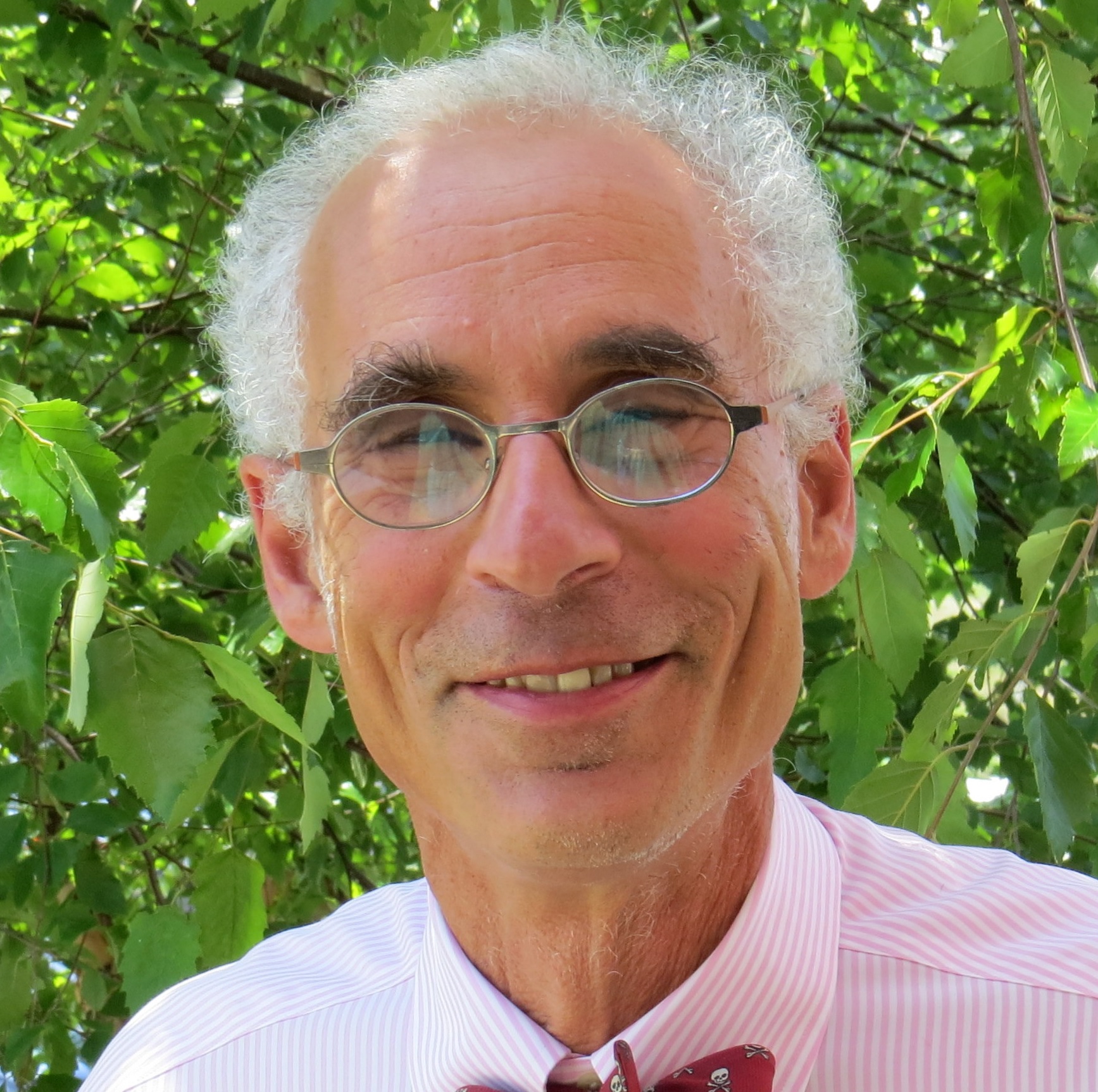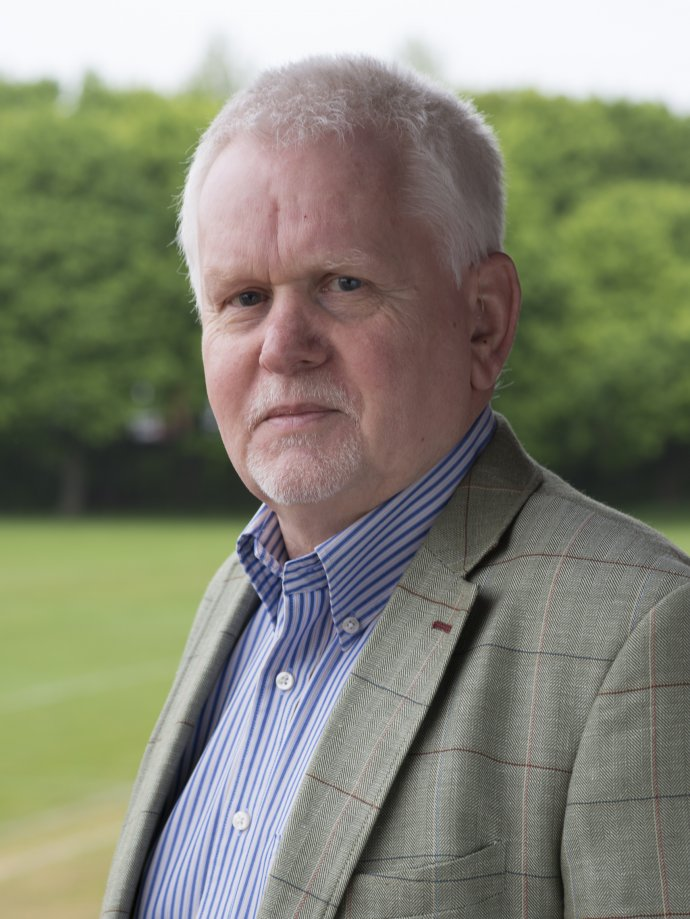Keynote speakers
Three keynote speakers will be presenting during the congress. They are top scientists from around the world. Usually, the keynote speakers are not mycoplasma experts, but specialists in mycoplasma-related research fields.
Information for the keynote speakers will be updated soon.
Prof. Clifford Rosen
 Professor, Tufts University, US.
Professor, Tufts University, US.
Website: https://facultyprofiles.tufts.edu/clifford-rosen/about
Title: Post acute sequelae of SARS Cov2: A long way to go
Abstract:
Although the SARS CoV-2 pandemic has officially ended, it remains a part of our daily lives. Acute infections persist, but without adequate surveillance, and recording, it is unclear what those numbers represent in terms of the ongoing spread of the virus and its mutant variants. Left behind the headlines are the millions of sufferers of long Covid, or PASC, who continue to manifest an array of symptomatology across virtually all organ systems. Progress has been made in characterizing long Covid, although a true definition is lacking. Symptoms cluster around three major areas, cardiovascular, neurologic, and gastrointestinal. In respect to pathophysiology, three leading hypotheses center on: 1-viral persistence; 2-auto antibody excess possibly due to reactivation of latent viruses; or 3-endothelial/vascular dysfunction. There are currently no treatments for long COVID that have proven efficacy but trials are just beginning both nationally and local. But metabolic dysfunction accompanies these syndromes within the larger complex of symptoms. Latent virus may persist in fat tissue and enhance the chronic inflammation that occurs with obesity. It may also lead to immune fatigue which could potentially worsen some of the symptomatology of long covid. Future studies will be discussed and outlook for the future will be examined.
Prof. Andrew Peters
 Professor, The University of Edinburgh, UK.
Professor, The University of Edinburgh, UK.
Website: https://www.ed.ac.uk/profile/prof-andrew-peters
Title: Current thoughts on Livestock Mycoplasma vaccines
Abstract:
For various reasons the development of safe and effective vaccines for livestock mycoplasma diseases has been problematic. M. bovis was first reported as a cattle pathogen in the early 1960s. However there have been few registered bacterin vaccines and in some countries, autogenous vaccines are used instead. Enzootic pneumonia of pigs was also first recognised in the 1960s and found to be caused by M. hyopneumoniae. Vaccines based on adjuvanted bacterins were developed in the 1990s and these became market leaders in the industry. However efficacy assessment has been based on reduction of lung lesions in vaccinated animals and they clearly do not completely control the disease or prevent transmission. There have been a number of attempts to develop more modern vaccines based on recombinant sub-unit and other approaches but to-date none has appeared on the market. Contagious bovine pleuro-pneumonia (CBPP) caused by M. mycoides subsp. mycoides has been eliminated from many of the wealthier countries but is still rife in many LMICs. In Africa the T1 based vaccines have been used for at least six decades with some success but have a very chequered reputation for both safety and efficacy. Attempts to produce effective sub-unit vaccines have not yet succeeded. In the search for better vaccines, there is usually a leap back to basic antigen discovery or immunology rather than building further on what is already available and at least partially successful. An argument is made for more attention to be paid to existing product improvement through better data collection, quality manufacturing and standardisation.
Prof. Hiroyuki Noji
 Professor, The University of Tokyo, Japan.
Professor, The University of Tokyo, Japan.
Website: http://www.nojilab.t.u-tokyo.ac.jp/eng/
Title: Artificial cell reactor technology
Abstract:
Since we demonstrated the single-molecule enzymatic assay by micro-compartmentalization(*1) (termed digital bioassay(*2)), we have been pursuing the integration of complex biosystems on femtoliter reactor systems intending to realize more functional and autonomous microsystems that we term autonomous artificial cell reactors. Based on the femtoliter reactor array device (FRAD), we developed lipid bilayer chamber systems into which we reconstitute passive/active membrane transporters(*3), and we fused a living bacterial protoplast to build a cyborg bacterial cell reactor(*4). Since then, we have been aiming to reconstruct cell systems that grow autonomously by taking a bottom-up approach. For this purpose, we developed a cell-free gene expression system from a single molecule template DNA (digital gene expression) on FRAD device and demonstrated a highly accurate screening method to obtain activity-enhanced enzyme sequences with a high enrichment factor, ten thousands(*5). We also implemented cell-free genome replisome termed RCR (reconstituted cycled replication) into FRAD or water-in-emulsion(*6). Currently, we are pursuing the possibility to use microdroplets in aqueous two-phase systems (ATPAS) as permeable and dynamic cell reactors for cell-free system reconstitution(*7). We will introduce current findings on self-growing artificial cell reactors driven by internal DNA/RNA replication activity (Fig. 1), and discuss the perspectives of autonomous artificial cell reactor technology.
(*1) Rondelez, Y. et al. Microfabricated arrays of femtoliter chambers allow single molecule enzymology. Nat Biotechnol 23, 361-365 (2005).
(*2) Noji, H., Minagawa, Y. & Ueno, H. Enzyme-based digital bioassay technology - key strategies and future perspectives. Lab Chip 22, 3092-3109 (2022).
(*3) Watanabe, R. et al. Arrayed lipid bilayer chambers allow single-molecule analysis of membrane transporter activity. Nat Commun 5, 4519 (2014).
(*4) Moriizumi, Y. et al. Hybrid cell reactor system from Escherichia coli protoplast cells and arrayed lipid bilayer chamber device. Sci Rep 8, 11757 (2018).
(*5) Zhang, Y. et al. Accurate high-throughput screening based on digital protein synthesis in a massively parallel femtoliter droplet array. Sci Adv 5, eaav8185 (2019).
(*6) Ueno, H. et al. Amplification of over 100 kbp DNA from Single Template Molecules in Femtoliter Droplets. ACS Synth Biol 10, 2179-2186 (2021).
(*7) Minagawa, Y., Nakata, S., Date, M., Ii, Y. & Noji, H. On-Chip Enrichment System for Digital Bioassay Based on Aqueous Two-Phase System. Acs Nano (2022).

